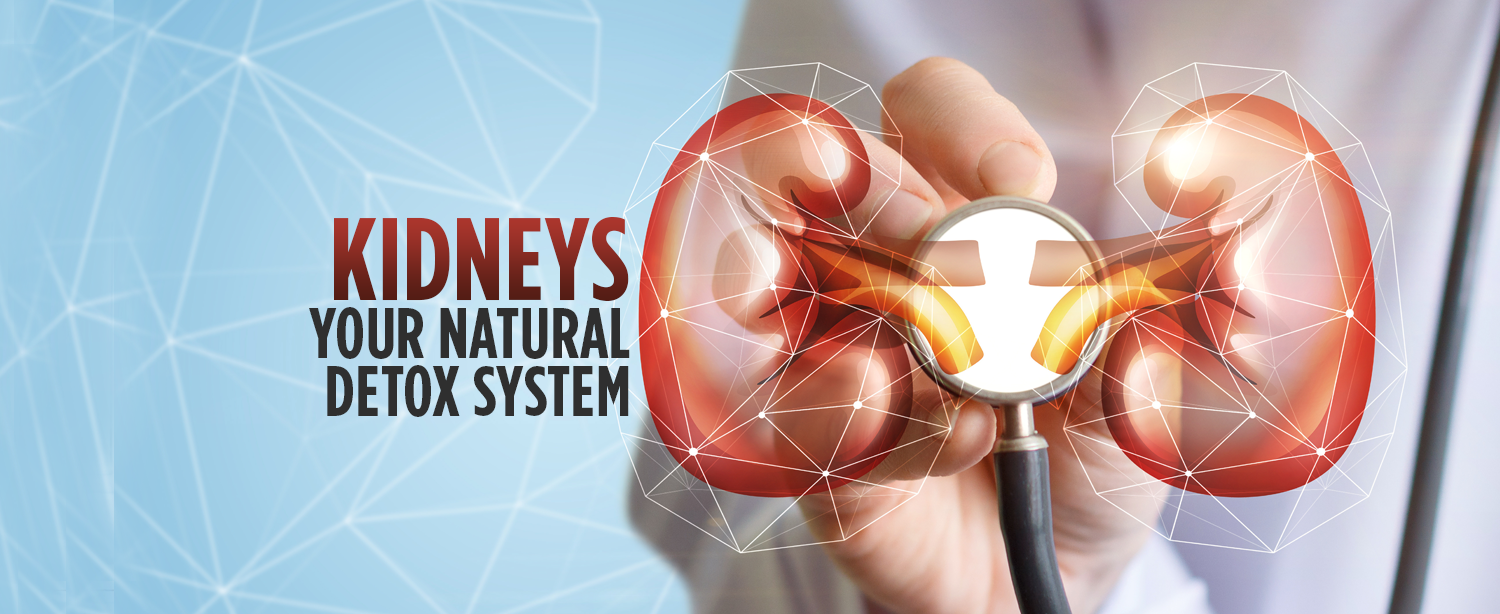Kidney disease can affect your body’s ability to filter wastes and toxins from the blood, regulate body fluids and help control your blood pressure. It can also affect red blood cell production and vitamin D metabolism needed for bone health. Your kidneys maintain the blood minerals in balance – sodium, potassium, phosphorous. You’re born with two kidneys. They’re on either side of your spine, just above your waist. When your kidneys are damaged, waste products and fluid can build up in your body. Without treatment, the damage can get worse and your kidneys may eventually stop working. This is a serious medical condition and can be life-threatening.
Symptoms of Kidney Disease:
- Fatigue.
- Feeling cold when others are warm.
- Shortness of breath.
- Feeling faint dizzy or weak.
- Feeling very itchy.
- Swelling in hands or feet.
- Swollen or puffy face.
- Upset stomach, nausea and vomiting.
- Urinate more often at night time.
- Foamy or bubbly urine.
- Brown, red or couple urine.
- Feel pressure or have difficulty urinating.
Kidney disease is broadly classified into acute kidney injury and chronic kidney disease. Know more about them below:
Acute kidney injury
Acute kidney injury is sudden damage to the kidneys. In many cases, it will be short term but in some people, it may lead to long-term chronic kidney disease.
The main causes are:
- Damage to the actual kidney tissue caused by a drug, severe infection or radioactive dye.
- Obstruction to urine leaving the kidney (for example because of kidney stones or an enlarged prostate).
People who have chronic kidney disease are also at increased risk of acute kidney injury.
Chronic kidney disease
More often, kidney function worsens over a number of years. This is known as chronic kidney disease. Sometimes it can progress to end-stage kidney disease (also known as kidney failure), which requires dialysis or a kidney transplant to keep you alive.
There are different causes of chronic kidney disease, the key ones being:
- Damaged blood vessels to the kidneys due to high blood pressure and diabetes.
- Attacks on the kidney tissue by disease or the immune system (glomerulonephritis).
- The growth of cysts on the kidneys (polycystic kidney disease).
- Damage due to the backward flow of urine into the kidneys (reflux nephropathy).
- Congenital abnormalities of the kidney or urinary tract.
Prevent kidney diseases:
Here are a few steps to follow in daily life to prevent non-hereditary kidney diseases:
- Lower high blood pressure
- Reduce salt intake.
- Avoid unnecessary painkiller.
- Keep your blood sugar levels under control if diabetic.
- Exercise regularly.
- Control your weight.
- Follow a balanced diet.
- Quit smoking.
- Drink in moderation.
- Stay hydrated.
- Monitor cholesterol levels.
- Get an annual health checkup done.
- Know your family medical history.
Untreated and ignored kidney diseases can lead to many health complications. It can highly increase your risk of getting heart disease, stroke, high blood pressure, nerve damage, weak bones, kidney failure and may even lead to death.
Kidney Failure
Kidney failure occurs when your kidneys lose the ability to filter waste from your blood sufficiently. Many factors can interfere with your kidney health and function, such as:
- Toxic exposure to environmental pollutants or certain medications.
- Certain acute and chronic diseases.
- Severe dehydration.
- Kidney trauma.
Your body becomes overloaded with toxins if your kidneys can’t do their regular job. This can lead to kidney failure and even be life-threatening if it’s left untreated.
Kidney Dialysis
People with failed or damaged kidneys may have difficulty eliminating waste and unwanted water from the blood. Dialysis is an artificial way of carrying out this process. Dialysis substitutes the natural work of the kidneys, so it is also known as renal replacement therapy (RRT). Healthy kidneys regulate the body’s levels of water and minerals and remove waste. The kidneys also secrete certain products that are important in metabolism, but dialysis cannot do this. A person who has lost 85 to 90 per cent of their kidney function will be a likely candidate for dialysis.
Kidney Transplant
When you get a kidney transplant, a healthy kidney is placed inside your body to do the work your own kidneys can no longer do. Your health and energy improve after a transplant. A successful kidney transplant may allow you to live the kind of life you were living before you got kidney disease. Availability of a matching donor is the main criteria for a kidney transplant. However infection and rejection of the donated kidney are major risk factors of a kidney transplant.
Consult our Department of Nephrology for your kidney disease. Please find below link for more details:
https://www.kokilabenhospital.com/departments/clinicaldepartments/nephrology.html


